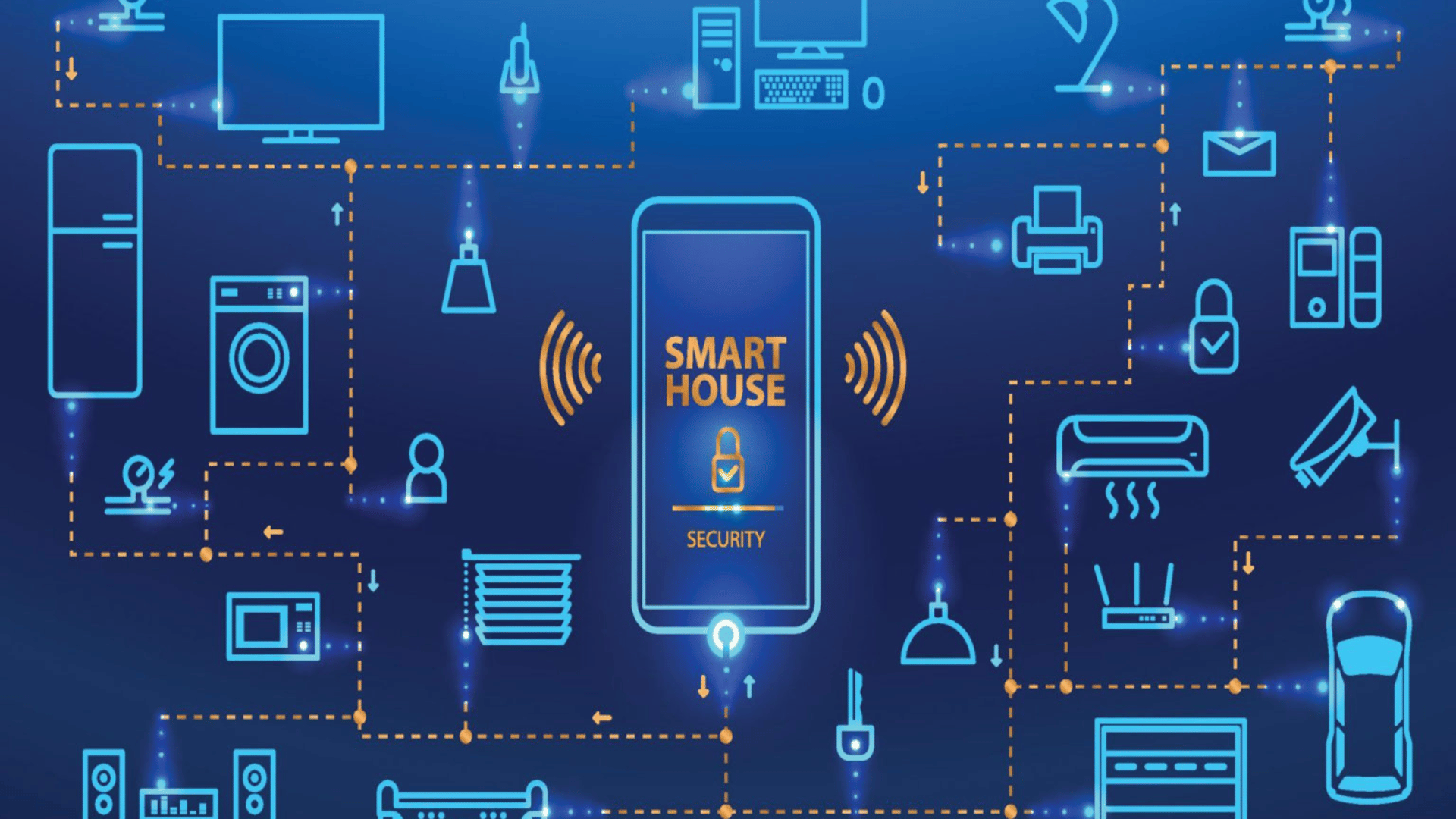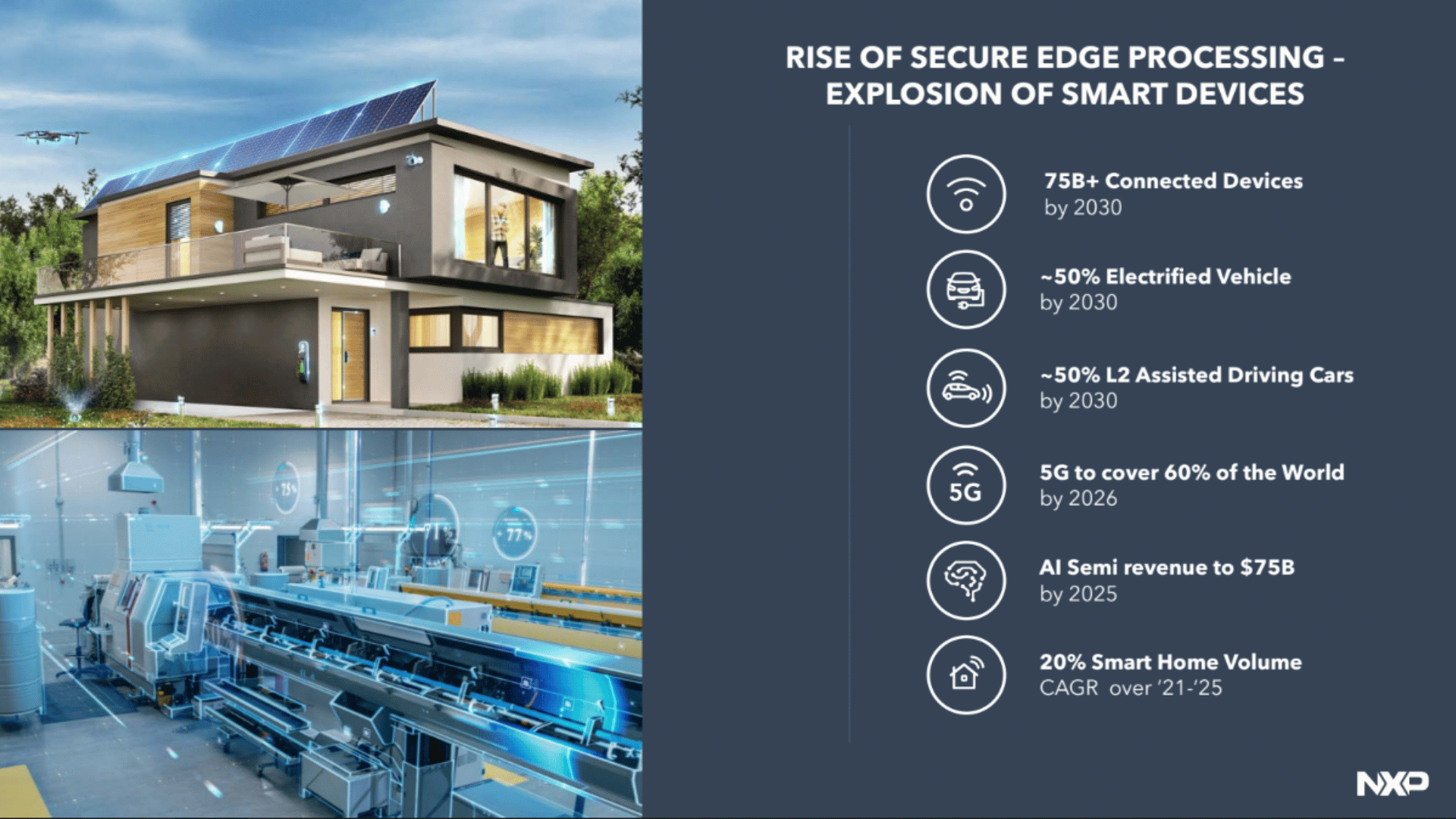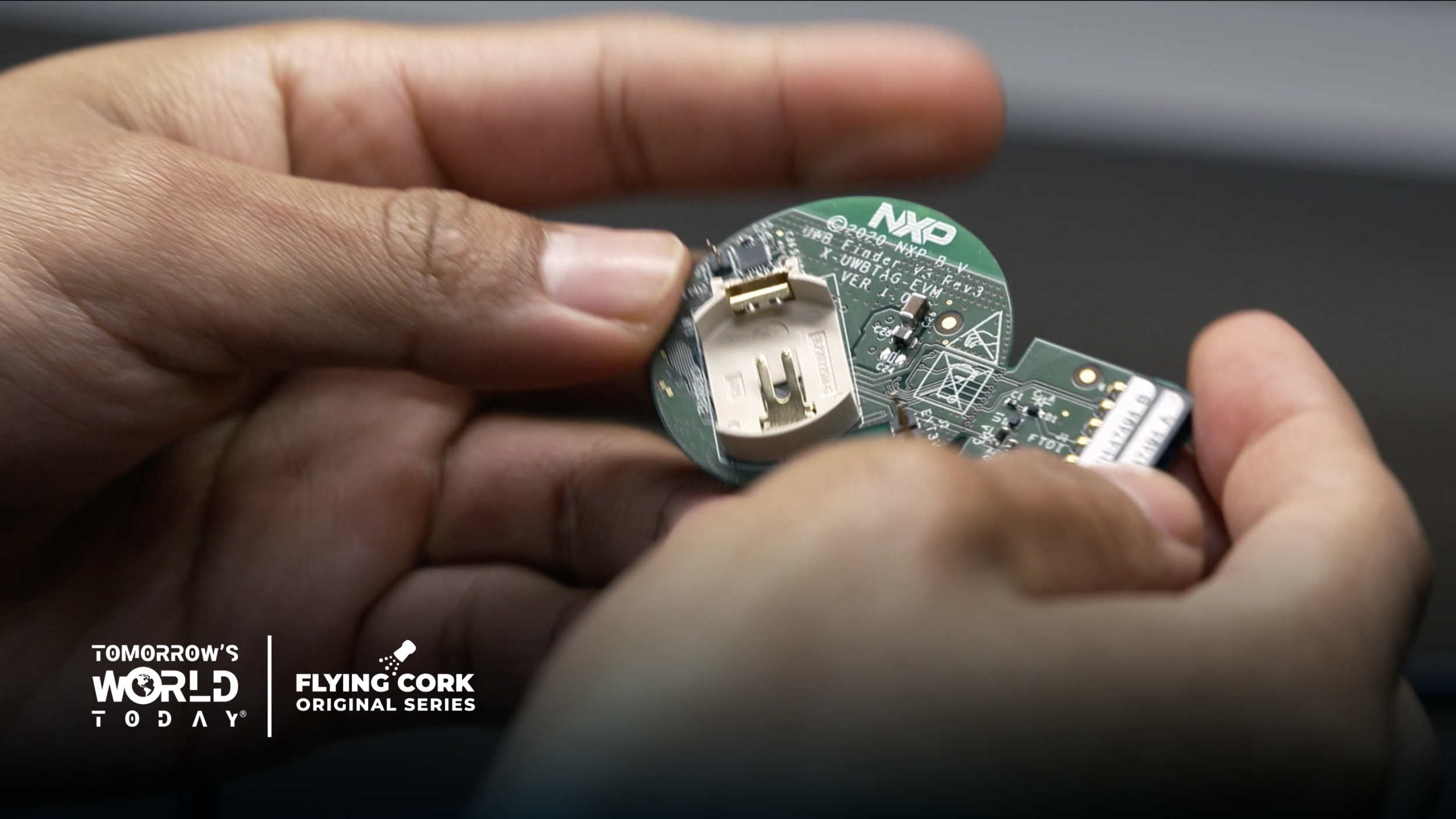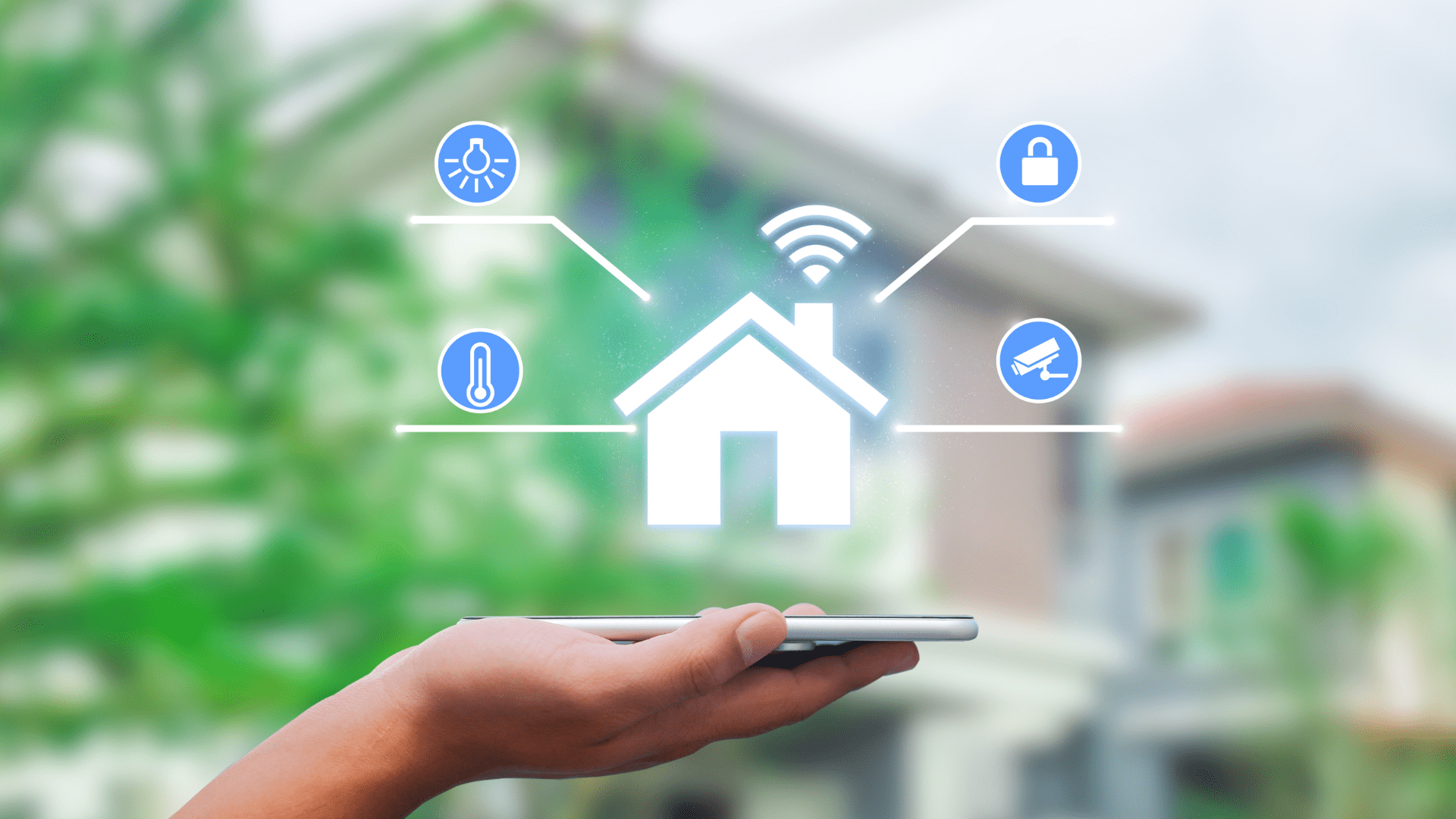Smart Home technology has made rapid advancements in the past 12 months, and 2024 promises to accelerate this trend.
For example, the new Matter specification, which makes it possible for devices from different manufacturers to connect securely and effortlessly, has expanded quickly over the past year, with companies moving quickly to develop and introduce products that are either already Matter-certified or about to be.
At the same time, artificial intelligence (AI) and machine learning (ML) have become prominent features in many Smart Home devices, combining with the latest wireless, imaging, and audio technologies to create autonomous devices that can learn from our patterns and preferences, and deliver a better and more customized experience.

2024 Smart Home Forecast
As we enter 2024, it’s never been easier to set up, protect, expand, and maintain a home network. That means everyone – not just the tech experts – can enjoy the advantages of a secure, connected home environment. What’s more, because AI lets us delegate more tasks to the home itself, we can spend less time configuring, controlling, and monitoring our environment.
Additionally, voice control, voice recognition, and natural language processing all benefit from AI. In 2024, devices will do a better job of understanding what you say, not just by being better at identifying individual accents and speech patterns, but also by understanding context, intent, and the nuances of word choice and phrasing. This will make interactions with these devices feel more natural.
Advances in facial recognition and motion detection will also make smart locks even smarter, with the ability to identify you as you approach your front door or sense your direction of movement, so doors automatically lock and unlock according to who you are and what you’re doing.
Adding a camera, and the AI-driven ability to interpret images or video, makes appliances more helpful and increases safety. A refrigerator with interior cameras can order replacements when supplies run low, or alert you when time is running out for perishable items. Similarly, a range hood equipped with cameras and air-quality sensors can adjust fan settings when you’re boiling a pot of pasta, or issue an alarm if the pot boils dry and begins to burn or a toddler is dangerously close to a hot burner.
2024 will also see smart devices become more efficient. Smart sensors and learning algorithms make it possible to manage energy consumption more precisely. Similarly, smart thermostats can analyze our environments, learn from our actions and preferences, and adjust energy consumption accordingly. Your home can even check the weather and make changes based on the upcoming forecast.

A More Innovative Home
All of these trends are evidence that the Smart Home is making an evolutionary step. In the years ahead, as technology continues to advance, Smart Homes will move beyond the relatively simple capabilities we’ve come to expect, like turning on and off lights or using a smartphone app to control the thermostat. What lies ahead is truly intelligent living, with our homes becoming fully integrated environments that can securely and autonomously orchestrate the entire living space.
For more information on smart homes, check out the full episode below:







